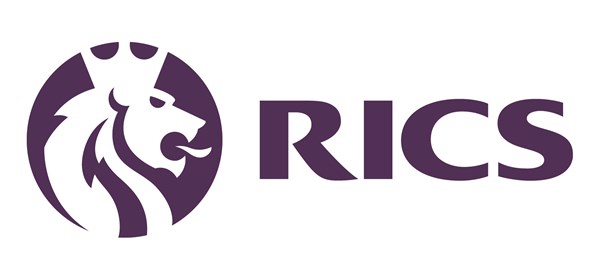WASHINGTON, Aug. 6, 2013 (GLOBE NEWSWIRE) -- Construction activity remains strong according to the initial RICS Canada Construction Market Survey with nearly all the sectors covered registering increases in activity during Q2. Meanwhile, forward-looking indicators on workloads, employment, and profit margins suggest this positive trend will persist over the balance of this year and into 2014.
Total workloads at the headline level increased during Q2 where the net balance* registered a positive reading, with 20% more respondents experiencing increasing rather than decreasing workloads during the latest quarter. Encouragingly, the survey indicates this positive trend is broad based across the industry's sub-sectors, with all except one sector (public housing) indicating activity growth.
The strongest performing sub-sectors during Q2, in terms of momentum, were public non-housing, private industrial and private commercial. Weakest performers (compared with the preceding quarter) were the public and private house building sectors. The results show that respondents, on average, forecast over the next 12 months total workloads to increase by 5.6%, headcounts to increase by 3.3% and profit margins to widen by 2.5 percentage points.
Large infrastructure projects are still driving the construction market noted respondents, including the sanctioning of LNG and oil pipelines to the coast and through the US. This is predicted to significantly increase output and returns in the region.
Simon Buttery, President & CEO, Carillion Canada, commented:
"The survey reflects the experiences and expectations of Carillion Canada, insofar as the PPP pipeline particularly should continue to generate opportunities, but an increasingly competitive marketplace will put significant pressure on margins. We believe that this ultimately creates risk for clients and opportunity for contractors to differentiate through increased innovation and value."
Survey respondents indicated the main factors limiting building activity are financial (61%) and regulatory constraints (53%). In terms of skills shortages, survey respondents stated the main areas of concern were quantity surveyors and other construction professionals at 58% and 55% respectively.
Simon Rubinsohn, Chief Economist, RICS, said:
"There are now more convincing signs that economy is picking up but with inflation below target, no change in interest rates is likely over the next twelve months. This should help to support the construction sector, underpinning further gains in both workloads and jobs. Although access to finance remains an issue for some developers, the overarching picture emanating from the survey is pretty encouraging."
Finally, the survey measures the use of Building Information Modeling (BIM) by respondents. Around 24% of respondents use BIM and of this figure, around 26% use it for cost management and 20% for design. Time management and facilities management saw less intensive use of BIM at 11% and 6% of survey respondents respectively.
Please contact tpienaar@rics.org to request a copy of the survey.
Notes for editors:
The RICS Canadian Construction Market Survey is a quarterly sentiment survey of respondents who operate in the construction market sector.
*The headline net balance for total construction workloads is an unweighted average of all of the sectors (in net balance terms) covered in the survey.
About RICS
RICS is the world's leading qualification when it comes to professional standards in land, property and construction.
In a world where more and more people, governments, banks and commercial organizations demand greater certainty of professional standards and ethics, attaining RICS status is the recognized mark of property professionalism.
Over 100 000 property professionals working in the major established and emerging economies of the world have already recognized the importance of securing RICS status by becoming members.
RICS is an independent professional body originally established in the UK by Royal Charter. Since 1868, RICS has been committed to setting and upholding the highest standards of excellence and integrity – providing impartial, authoritative advice on key issues affecting businesses and society. RICS is a regulator of both its individual members and firms enabling it to maintain the highest standards and providing the basis for unparalleled client confidence in the sector.
